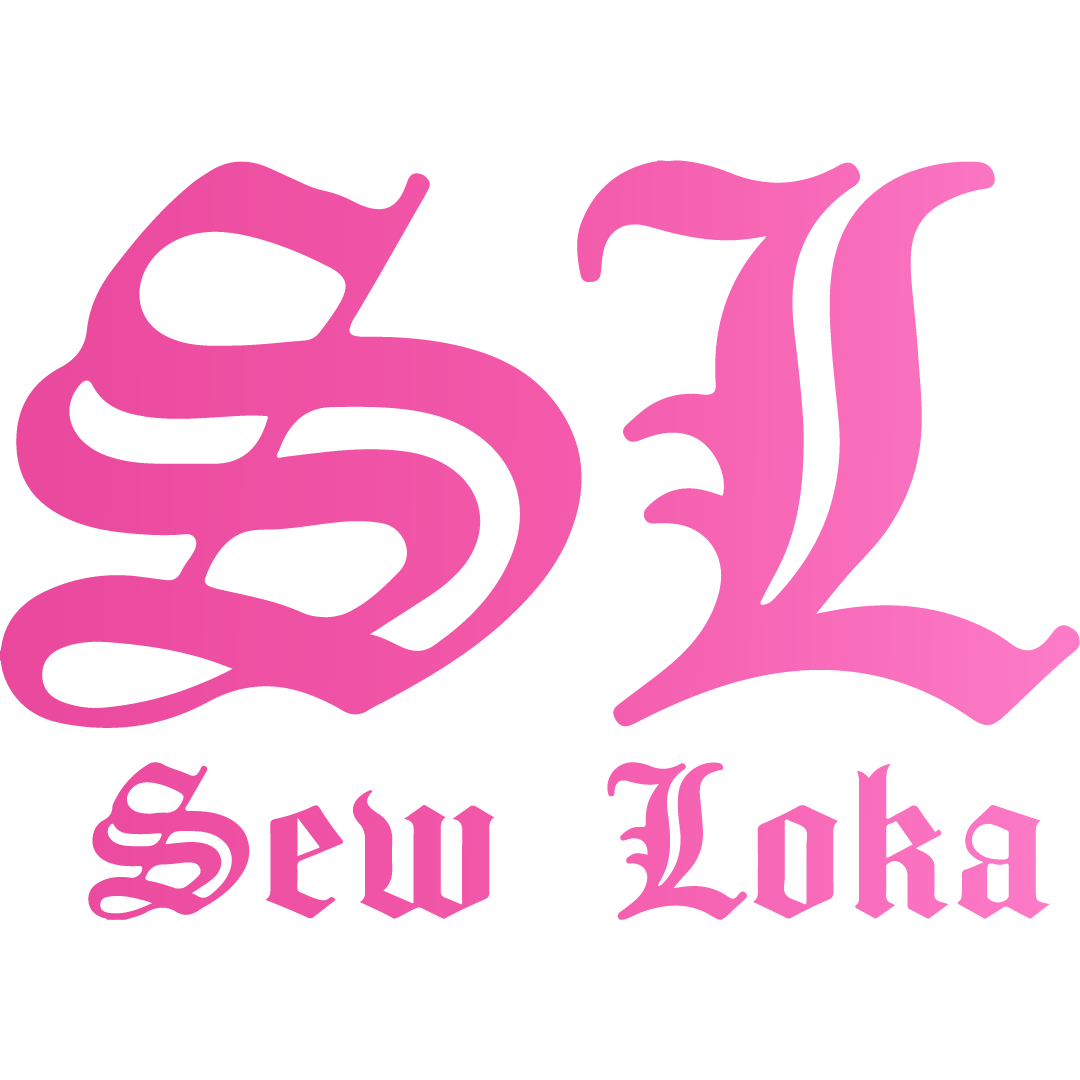Claudia Rodríguez-Biezunski wants you to make your own clothes — and build a more sustainable fashion economy.
By Julia Dixon Evans, Voice of San Diego, Published: April 30, 2019
Photo by Julia Dixon Evans
With more attention on the social and environmental costs of “fast fashion” culture — the demand for cheap, readily available clothing with frequent seasonal turnover — there’s a shift toward DIY fashion. Sewing, mending and handmade clothes are on the rise (the Instagram hashtag #slowfashion has 3.7 million entries). And notable newcomers are the young people whose parents did not sew or teach them to sew.
Photo by Julia Dixon Evans
“It’s really interesting when you see the age gap of the people who are wanting to learn how to sew and the ones that knew how to sew, and the in-between,” said Claudia Rodríguez-Biezunski, owner of Sew Loka, a “modern sewing studio” in Barrio Logan.
Rodríguez-Biezunski grew up surrounded by sewing machines. Her mother was a seamstress and her father ran a denim factory. And this trait won’t skip a generation; she’s raising her own daughter, Ise, in much the same manner. On a quiet Saturday in Sew Loka, Ise sat in a small chair with a tablet, surrounded by stacks of brightly colored fabric and racks of bobbins (how Ise learned to count), while Rodríguez-Biezunski worked on a custom order, fashioning a bright red sports jersey into the lining of a finely tailored grey suit jacket. She’s also starting to gather early cosplay orders for Comic-Con this summer.
Sew Loka’s business hours include a “Mom Break.” / Photo by Julia Dixon Evans
In 2013, Rodríguez-Biezunski opened Sew Loka in Bankers Hill, and moved to her current fuschia-painted spot tucked in a Barrio Logan alley just over a year ago. Sew Loka’s services include custom sewing projects (like costumes, cosplay, dresses, corporate orders and more), repairs and tailoring and sewing classes.
Rodríguez-Biezunski’s journey to making her own clothes unfurled much like that of many punk fashion trailblazers: finding cheap (sometimes zero cost) ways to be completely unique. She wants to share that with others.
“I feel like DIY and making your own clothes is a way to have endless creativity and kind of challenge what clothes should be and how you can express yourself,” Rodríguez-Biezunski said. She also stresses that DIY fashion challenges societal norms about body size and shape. Sewing clothing directly to an individual’s own measurements, rather than standard sizes, reduces the perception that their body is misshapen or wrong.
Photo by Julia Dixon Evans
Despite an uptick in DIY interests, fast fashion’s pressure on the industry continues to rise. Not only do merchants and individuals expect refreshed shop displays and online inspiration in increasing rates (“Now we have like 35 seasons,” Rodríguez-Biezunski said), the public increasingly demands low costs and near-instant shipping. But a changing global economy also points to some growth in consumer expectations for ethical and sustainable social practices, which is changing the way some fashion retailers approach marketing, if not actual practices, according to McKinsey & Company and Business of Fashion’s “The State of Fashion 2019” report.
While there’s a slight shift toward systemized fashion rentals and second-hand or sustainable buying, consumption is still way, way up.
“Research shows that the average person today buys 60 percent more items of clothing than they did 15 years ago. But consumers keep that clothing for only half as long as they used to,” the report states.
And the Ellen MacArthur Foundation’s “A New Textiles Economy” Report points to the multilayered environmental harm. With over 100 billion garment pieces produced annually, manufacturing and production waste accounts for significant pollution, water usage and waste, but less than 1 percent of this clothing ends up being recycled or reused.
“We have that disconnection with the fashion industry. We have these ladies that are making their stuff and they’re getting paid like $10 an hour, and we wear it for a day and then it goes into the trash or into the donation pile,” Rodríguez-Biezunski said. “We’re not appreciating that hard work that goes into it.”
Rodríguez-Biezunski wants to teach people one by one to not only appreciate the hard work, but how to do it. Classes are customized for individuals, and much of her approach revolves around what each student wants from the class, even if the student isn’t quite clear what that is. It’s a business model that may seem to take a little bit more time and labor out of Rodríguez-Biezunski and Sew Loka, but — just like sewing your own clothing — fosters thoughtful consumers with unique style.
Sew Loka’s Claudia Rodríguez-Biezunski and her daughter Ise / Photo by Julia Dixon Evans





